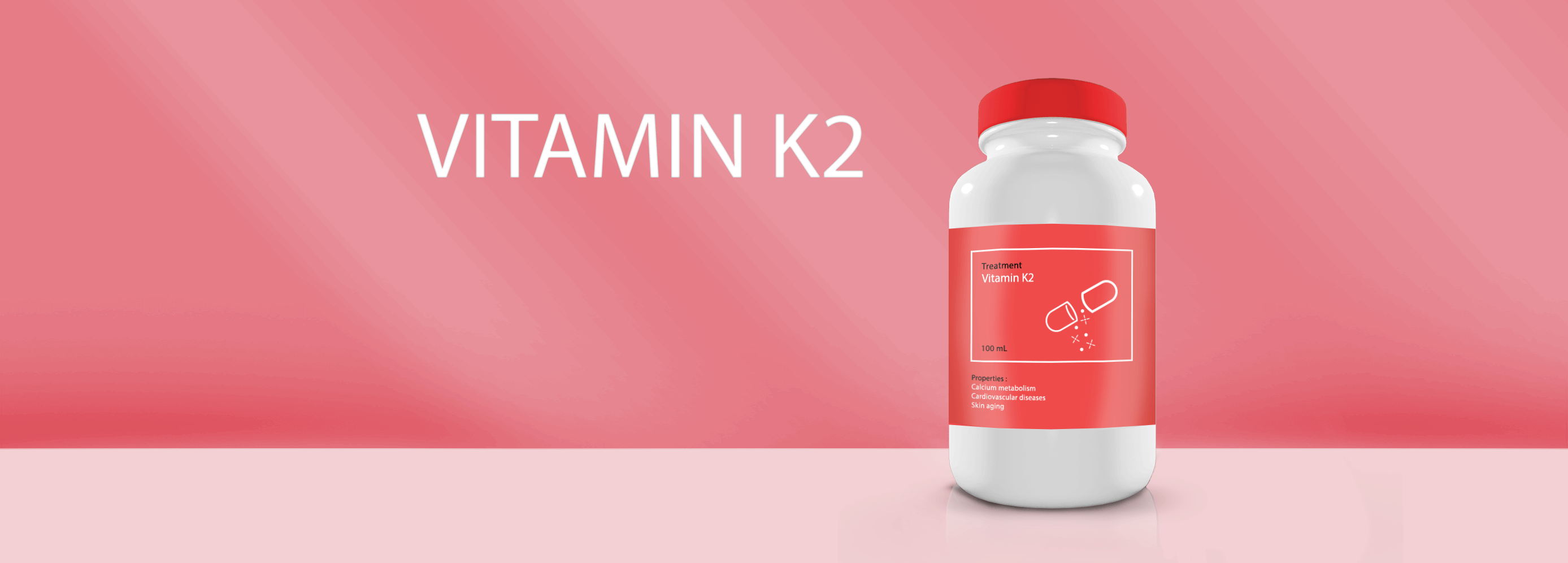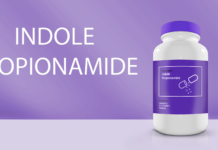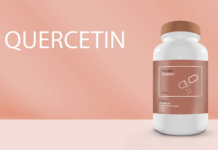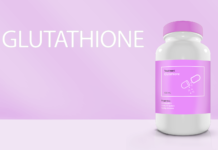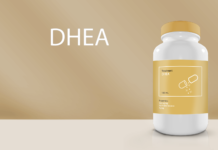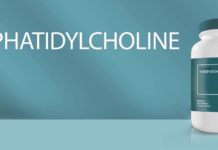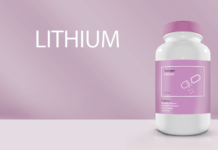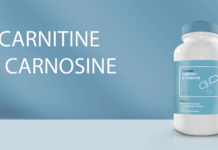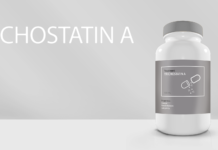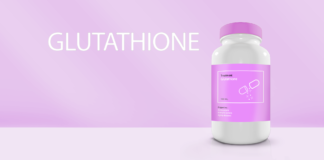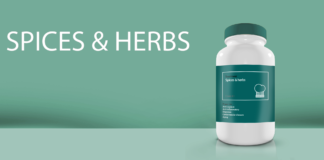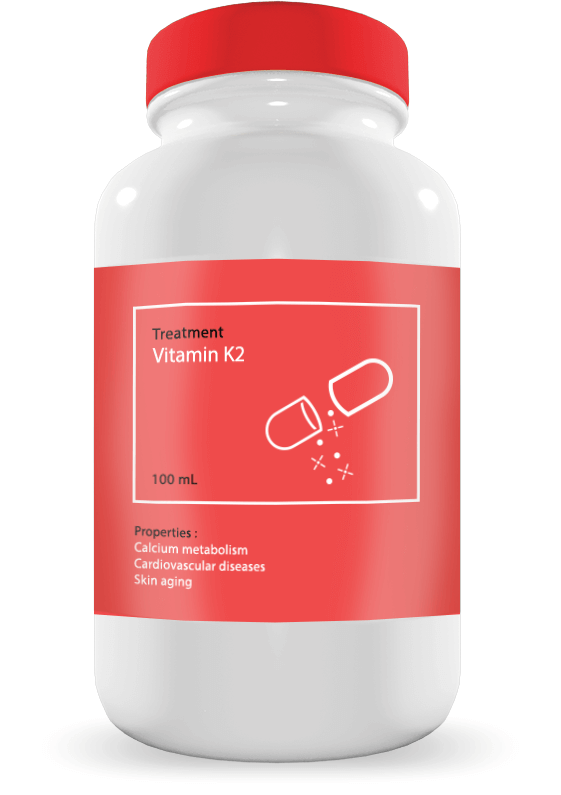
Factsheet
A little-known but central vitamin
Vitamin K is known in several forms, K1 (phylloquinone), K2 (menaquinone) and K3 (menadione). Vitamin K1 is mainly involved in coagulation processes[1] (anti-vitamins K being widely prescribed during a risk of thrombosis) and vitamin K3, which turns into K2 when it is absorbed, is a synthetic form very little used nowadays because of its side effects[2]. The one we’re most interested in is vitamin K2. It is a super-vitamin found in nattō (fermented soy beans), liver, cheese, eggs and dairy products from ruminant animals. It was suggested that Japanese women were less wrinkled and more easily centenarian thanks to their breakfast, composed of nattō[3]. Not very appetizing… but effective!
Vitamin K2 for calcification
Calcium metabolism is a matter of balance. In our bones, the cycles of bone synthesis/resorption take place throughout our lives, and guarantee an adequate distribution of calcium in our skeleton, but also in our whole organism. Vitamin K2 plays an important role in this metabolism, regulating calcitonin and osteopontin[4]. In addition to helping fight osteoporosis and maintain bone mineralization[5], it helps keep calcium where it belongs. Indeed, with age, blood vessels are the first targets of calcification, thus increasing the risk of vascular accidents (stroke, infarction, varicose veins…) and atherosclerosis[6]. With adequate vitamin K2 supplementation, calcium accumulates less in the vessels, thanks to the activation of Matrix Gla proteins (which prevent its binding), reducing these dangers and their associated mortality[7]. Through this same mechanism, vitamin K2 helps to keep capillaries healthy, thus optimizing the distribution of blood in the brain and skin in particular. These effects on small vessels help prevent neurodegenerative diseases[8] and fight the appearance of wrinkles[3].
Other interesting effects
To complete its action on the blood vessels, vitamin K2 is also necessary for the formation of shingolipids, essential for proper nervous function, adding protection against neurodegenerative diseases[9]. Vitamin K2 also shares a structural homology with co-enzyme Q10 and is involved in mitochondrial metabolism, with significant antioxidant effects[10]. These effects further protect against age-related diseases, including Parkinson’s disease.
Vitamin K2 supplementation is recommended in combination with vitamin D. It prevents an overdose and potentiates its action[11].
- Number of publications: over 3000
- Availability: over-the-counter
- Route: oral
- Dosage: between 90 and 200 μg/day
Cancer : it seems that vitamin K2 supplementation allows the increase of apoptosis for tumor cells and the expression of anti-oncogenes[12].
Diabetes: the link with insulin metabolism is still unclear, but it appears that vitamin K2 intake has a beneficial effect on insulin resistance in diabetes[13].
No adverse reactions have been reported to date. Be careful however if you are on anti-vitamins K or if you have an allergy to vitamin K. The most frequent forms found on the market are MK-4 and MK-7. They are roughly equivalent in terms of action, but vary in terms of bioavailability, with MK-7 remaining in the blood for much longer.
The dose from which the vitamin has an action against aging has not been formally established, the range presented is what is usually prescribed in case of vitamin K2 deficiency. Higher doses may be required.
[1] Card DJ, Gorska R, Cutler J, Harrington DJ, Vitamin K metabolism: current knowledge and future research. Mol Nutr Food Res. 2014;58(8):1590-600
[2] Alan D. MacNicoll & J. Erica Gill, Vitamin K3 in feedstuffs: antidotal effects in captive anticoagulant-resistant rats and mice, The Journal of Wildlife Management, 1993, 57;4:835-841
[3] Vitamin K2 and the Calcium Paradox: How a Little-Known Vitamin Could Save Your Life, Kate Rheaume-Bleue.
[4] Michelle M. Tabb, Aixu Sun, Vitamin K2 Regulation of Bone Homeostasis Is Mediated by the Steroid and Xenobiotic Receptor SXR, The Journal of Biological Chemistry, 2003;278, 43919-43927
[5] Sakamoto W, Isomura H, The effect of vitamin K2 on bone metabolism in aged female rats, Osteoporos Int. 2005 Dec;16(12):1604-10
[6] Beulens, J., Booth, S., Van den Heuvel, E., Stoecklin, E., Baka, A., & Vermeer, C. The role of menaquinones (vitamin K2) in human health. British Journal of Nutrition, 2013, 110(8), 1357-1368
[7] Van Ballegooijen AJ, Beulens JW. The Role of Vitamin K Status in Cardiovascular Health: Evidence from Observational and Clinical Studies. Current Nutrition Reports. 2017;6(3):197-205
[8] Theuwissen E, Magdeleyns EJ, Braam LA, et al. Vitamin K status in healthy volunteers. Food Funct. 2014;5(2):229-34
[9] Presse N, Shatenstein B, Kergoat MJ, Ferland G. Low vitamin K intakes in community-dwelling elders at an early stage of Alzheimer’s disease, J Am Diet Assoc. 2008 Dec;108(12):2095-9
[10] Kurosu M, Begari E. Vitamin K2 in electron transport system: are enzymes involved in vitamin K2 biosynthesis promising drug targets? Molecules. 2010 Mar 10;15(3):1531-53
[11] Kidd PM. Vitamins D and K as pleiotropic nutrients: clinical importance to the skeletal and cardiovascular systems and preliminary evidence for synergy. Altern Med Rev. 2010 Sep;15(3):199-222
[12] Mizuta T, Ozaki I, Eguchi Y, Yasutake T, Kawazoe S, Fujimoto K, Yamamoto K. The effect of menatetrenone, a vitamin K2 analog, on disease recurrence and survival in patients with hepatocellular carcinoma after curative treatment: a pilot study. Cancer. 2006 Feb 15;106(4):867-72
[13] Choi HJ, Yu J, Choi H, et al. Vitamin K2 Supplementation Improves Insulin Sensitivity via Osteocalcin Metabolism: A Placebo-Controlled Trial. Diabetes Care. 2011;34(9):e147
Dr. Marion Tible

Author/Reviewer
Auteure/Relectrice
Marion Tible has a PhD in cellular biology and physiopathology. Formerly a researcher in thematics varying from cardiology to neurodegenerative diseases, she is now part of Long Long Life team and is involved in scientific writing and anti-aging research.
More about the Long Long Life team
Marion Tible est docteur en biologie cellulaire et physiopathologie. Ancienne chercheuse dans des thématiques oscillant de la cardiologie aux maladies neurodégénératives, elle est aujourd’hui impliquée au sein de Long Long Life pour la rédaction scientifique et la recherche contre le vieillissement.
En savoir plus sur l’équipe de Long Long Life


